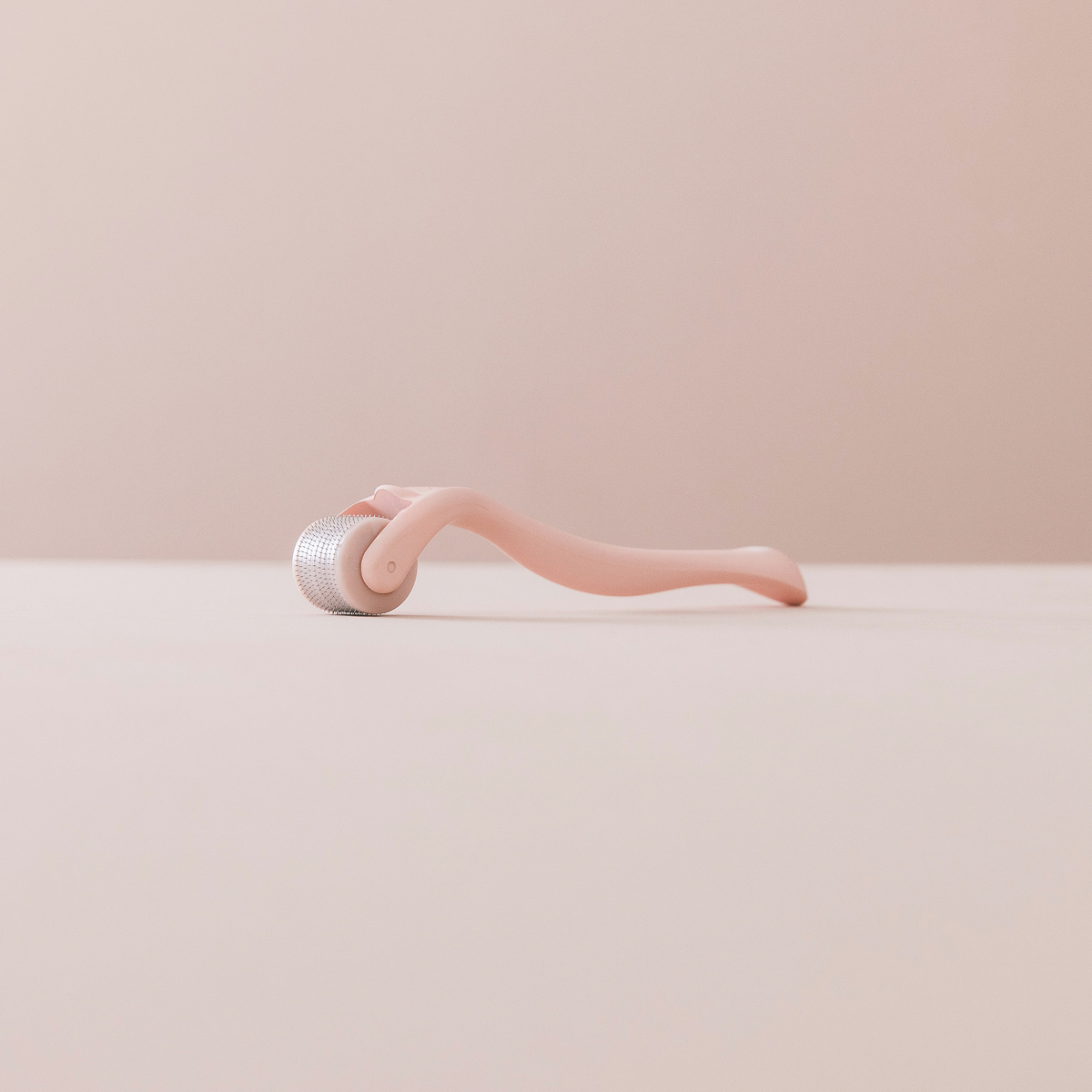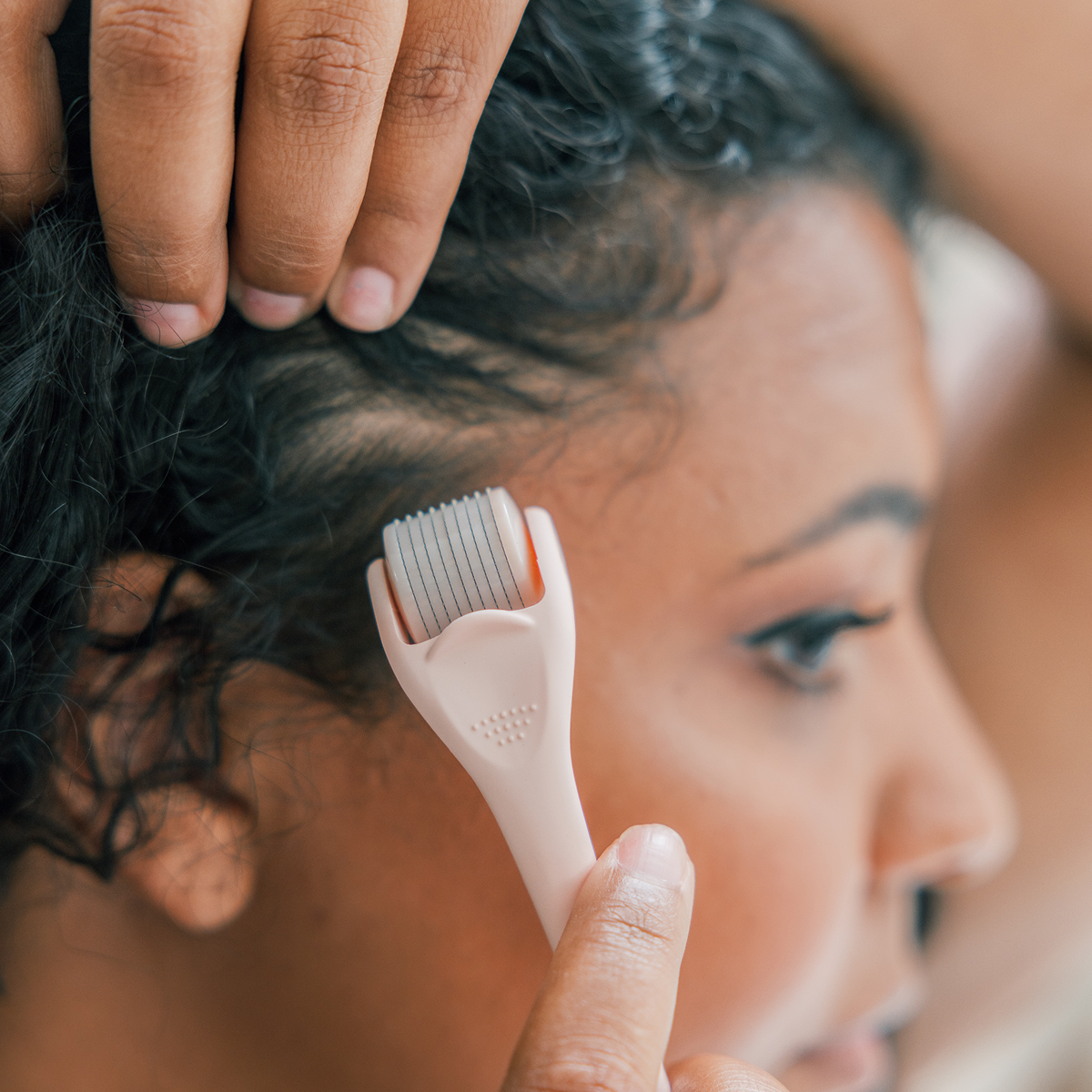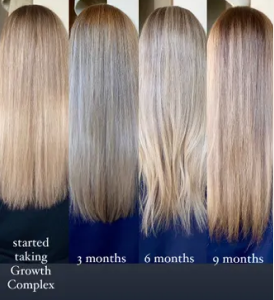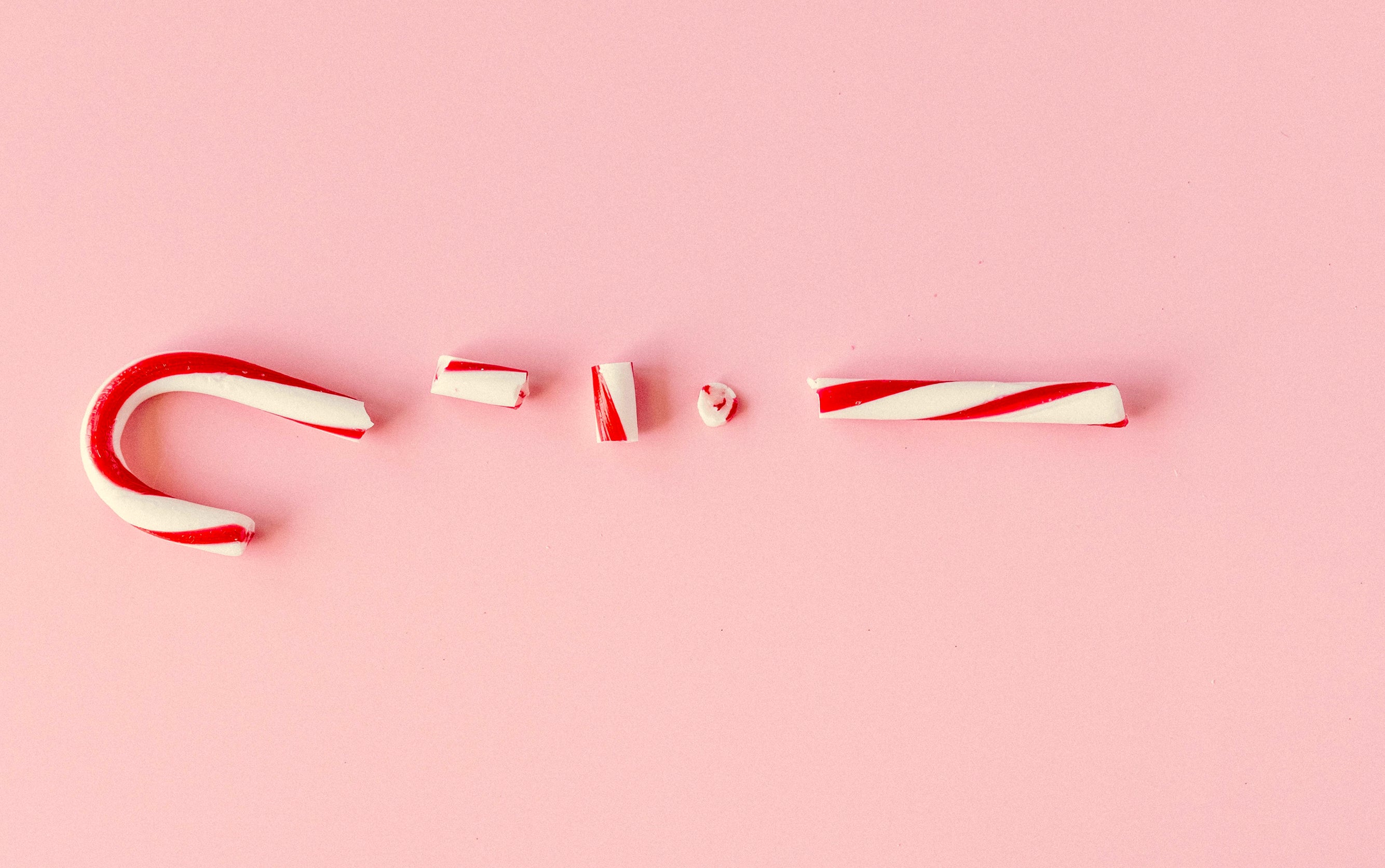Did you know most people spend about 5 hours a day on their phone? Add that to your usual busy schedule and it’s crazy how fast you run out of time!
It’s so easy to get caught in the trap of glancing at your phone any moment you have free… standing in line at the store, waiting at an appointment, at dinner with your partner. I’ll be the first to admit I’ve lost track of time scrolling through Insta for funny reels, shopping, inspo, and catching up with friends.
I love technology, but like everything, it needs balance. There’s such a thing as too much of a good thing. It can get in the way of healthy relationships, hobbies, and guess what — even your beauty sleep!
In this blog post, I’ll walk you through:
- What digital detox is
- Screen time and sleep time
- Bonus: how to help your hair!
- Tips for digital detox + better sleep
What Is Digital Detox?
A digital detox means taking a conscious break from electronic devices, including computers, phones, social media, and TV.
You may have heard of it or even tried it before. As we spend more and more time on phones, we realize we need to unplug and reconnect with the essentials: ourselves, our relationships, and the world around us.
In a world buzzing with digital noise, a digital detox is a chance to find your own balance and quiet place.
Why Try a Digital Detox?
So how does technology impact us overtime? And why should you give a digital detox a try? All that screen time can have negative effects on our health, sleep, and even our hair!
Screen time and sleep time
Ever find yourself tossing and turning, counting sheep, and wondering why sleep seems like a distant dream? Well, that phone you're clutching while you fall asleep might just hold the answer.
It’s so common to look at your phone to catch up on news, texts, or memes right before bed. But this seemingly harmless routine could be a leading cause of your sleep troubles!
Phones and other device screens emit blue light. This blue light messes with your circadian rhythm, which is just a fancy term for your body's internal clock. You see, your body is designed to follow a natural sleep-wake cycle. And what does blue light do? It tells your body it's still daytime, throwing off that oh-so-important rhythm.
Insufficient sleep isn't just about yawning through the day; it can have some big consequences for your overall health. Physically, it weakens your immune system, messes with your metabolism, and even increases the risk of more serious health concerns. Mentally, it's like a fog that clouds your focus, memory, and emotional balance.
Plus, sleep affects your hair!
Sleep is so important for a healthy and happy lifestyle. But it’s also important for another reason — your hair!
While you're snoozing, your body is busy repairing and rejuvenating itself. And that includes your hair. Your locks love a good night's sleep as much as you do. During the deeper stages of sleep, your hair follicles get busy, working to promote growth and strengthen those strands.
It’s a domino effect. Too much blue light leads to poor sleep which leads to less-than-happy hair. Sleep deprivation overtime can result in:
- Dry, brittle hair
- Thinning hair
- And even hair loss!

Tips for Digital Detox + Better Sleep
The good news? You don't have to declare a full-scale war on technology to regain your sleep and give your hair the love it craves. The secret lies in disconnecting from your devices a few hours before hitting the hay.
Here’s some tips on how to disconnect and improve your sleep:
- Trade your late-night scrolling for a book, journaling, meditation, yoga, or other calming activities.
- Go to bed and wake up at the same time every day, even on weekends.
- Make sure your bedroom is comfortable by maintaining a cool, dark, and quiet environment.
- Avoid heavy meals, caffeine, and alcohol close to bedtime, since they can keep you up.
- Spend time outdoors during the day to help regulate your body's internal clock.
- Set a specific time in the evening when you'll put away your devices.
- Invest in a pillowcase that works with you, not against you.
- If you end up up using your phone before bed, enable night mode to reduce blue light exposure.
- Explore hobbies that don't involve screens, such as cooking, knitting, painting, or playing a musical instrument.
- At the end of the night, if you still need some extra help, try a natural sleep aid!
Don’t worry, beauty — we all have our nights of too much screen time and not enough sleep. Hopefully, I gave you some ideas to start adding into your routine. Even a few little changes can make a big difference in the long run. Wishing you more Zs in your night!
XOXO,
Kaley



























